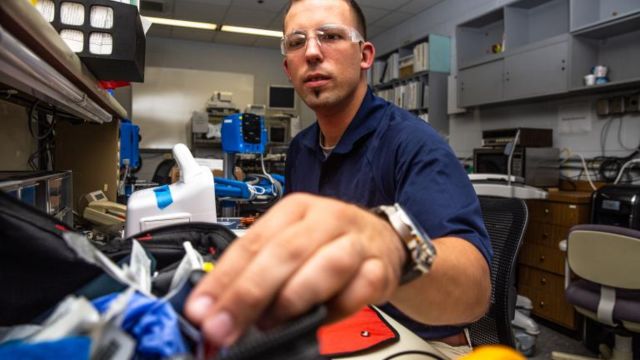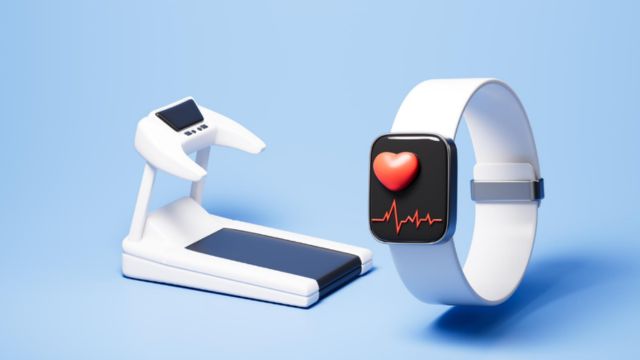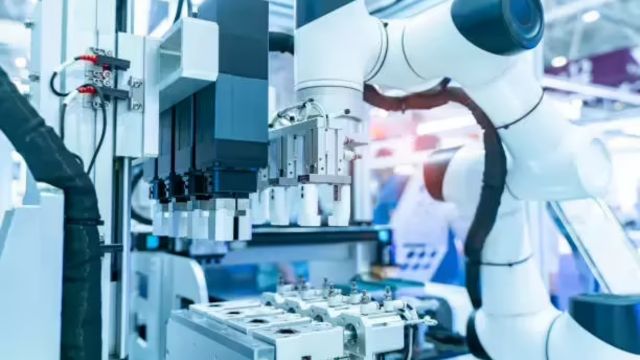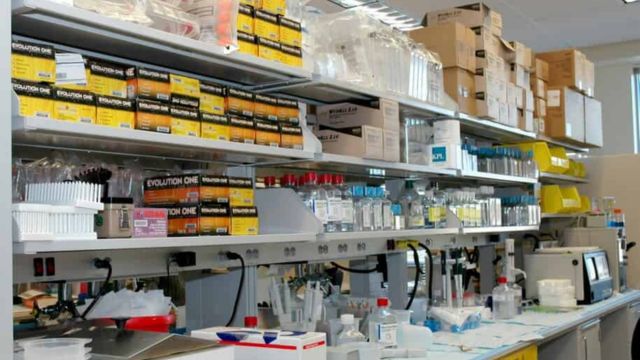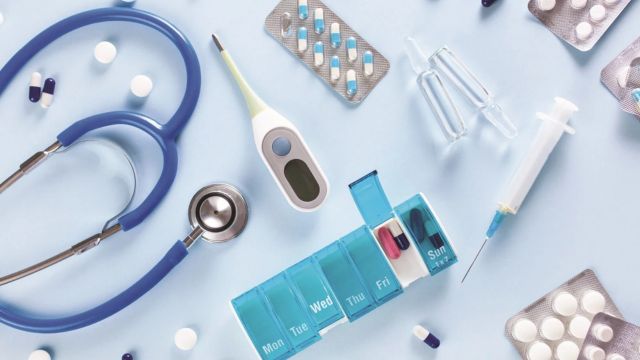Clinical engineering is essential in making sure hospitals provide high-quality patient treatment while running effectively in the fast changing healthcare scene of today. Emphasizing the management, repair, and optimization of medical equipment, clinical engineering is the essential link between advanced medical technology and healthcare practitioners. Let’s explore more specifically how clinical engineering improves hospital performance and patient care.
What is Clinical Engineering?
Within biomedical engineering, clinical engineering is a subfield focused on medical device management in hospital environments. Directly affecting patient outcomes and hospital flow, clinical engineers work with manufacturers, hospital managers, and doctors to guarantee medical technology runs safely, effectively, and efficiently.
How Clinical Engineering Improves Patient Care
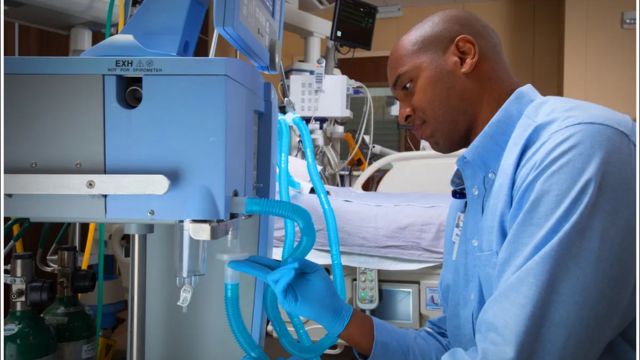
1. Ensuring the Safety and Accuracy of Medical Devices
Medical equipment such as ventilators, defibrillators, infusion pumps, MRI machines, and patient monitors are integral to diagnosis and treatment. Clinical engineers perform rigorous safety checks, routine calibrations, and preventive maintenance to ensure devices meet strict performance standards. This proactive care reduces device failures that could compromise patient safety.
2. Minimizing Equipment Downtime Through Prompt Repairs
Unexpected equipment failures can delay critical treatments. Clinical engineering teams are trained to quickly diagnose problems and conduct repairs, often working round-the-clock in emergency situations. This swift response ensures continuous access to essential medical devices, avoiding treatment interruptions.
3. Training Healthcare Staff on New Technologies
With rapid innovation in medical technology, clinical engineers provide training and technical support to doctors, nurses, and technicians. This ensures that new devices are used correctly and safely, maximizing their benefits for patient care.
4. Supporting Patient Monitoring and Data Accuracy
Modern hospitals rely heavily on interconnected monitoring systems. Clinical engineers ensure that these systems are properly integrated and functioning, enabling real-time patient monitoring and accurate data collection, which is crucial for timely clinical decisions.
5. Promoting Patient Safety by Reducing Medical Errors
Misuse or malfunction of medical devices can lead to serious errors. Clinical engineers help develop protocols for device usage, conduct risk assessments, and oversee compliance with safety standards, thereby reducing the risk of harm to patients.
How Clinical Engineering Boosts Hospital Efficiency
1. Optimizing Medical Equipment Utilization
Clinical engineers analyze equipment usage data to identify underused or overused devices. This insight allows hospitals to allocate resources more effectively, reducing unnecessary expenses and ensuring critical devices are always available when needed.
2. Enhancing Inventory and Procurement Management
By assessing hospital needs and forecasting demand, clinical engineers guide procurement decisions, avoiding overstocking or shortages of medical supplies. This careful inventory management improves cash flow and reduces waste.
3. Ensuring Regulatory Compliance and Accreditation
Hospitals must comply with stringent regulatory standards regarding medical equipment safety and performance. Clinical engineers maintain detailed records, prepare for audits, and implement corrective actions as needed, helping hospitals maintain accreditation and avoid legal penalties.
4. Integrating Medical Devices with Hospital Information Systems
Connecting devices like monitors, infusion pumps, and diagnostic machines to electronic health records (EHR) and hospital IT systems improves data sharing, reduces manual entry errors, and streamlines clinical workflows.
5. Supporting Cost-Effective Healthcare Delivery
By maintaining equipment longevity and recommending cost-effective solutions, clinical engineers contribute to lowering overall healthcare costs without compromising quality.
Real-World Examples
-
During the COVID-19 pandemic, clinical engineering teams worldwide played a pivotal role in maintaining ventilators and oxygen delivery systems, ensuring hospitals could manage surges in patient care needs.
-
Hospitals implementing predictive maintenance programs, powered by clinical engineers, have reported significant reductions in equipment failure rates and associated treatment delays.
-
Integration of wearable patient monitoring devices into hospital networks, overseen by clinical engineers, has enabled continuous remote monitoring, improving chronic disease management.
The Future of Clinical Engineering
The field is rapidly evolving with advancements such as artificial intelligence (AI), Internet of Medical Things (IoMT), and predictive analytics. Clinical engineers will increasingly use these technologies to anticipate equipment failures, automate maintenance, and support personalized patient care, further improving hospital efficiency and outcomes.
Conclusion
Clinical engineering is essential to the modern healthcare ecosystem. By ensuring the reliability, safety, and integration of medical technology, clinical engineers enable hospitals to deliver superior patient care while optimizing operational efficiency. As healthcare technology continues to advance, the importance of clinical engineering will only grow, making it a cornerstone of quality and innovation in patient care.
Looking for reliable industrial and medical supplies? At JandJSupplies, we provide top-quality products with fast delivery and excellent support. Explore our wide range of packaging, safety, and medical equipment to keep your operations running smoothly. Shop with us today and experience the difference!

